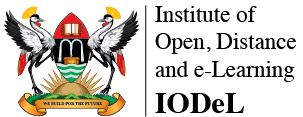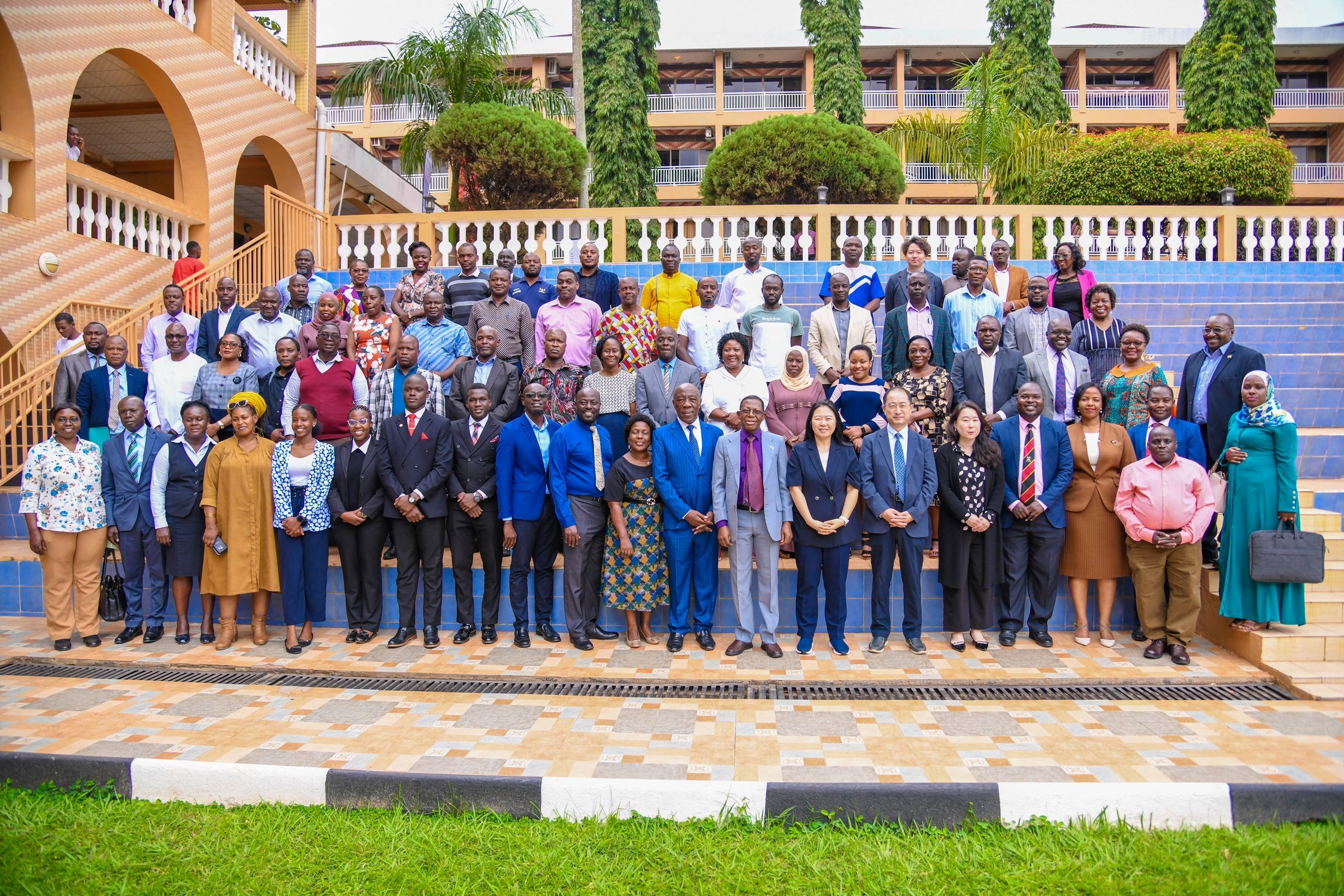
Makerere University has taken a significant step toward transforming its digital education landscape with the unveiling and stakeholder review of its Draft Master Plan for Open, Distance, and e-Learning (ODeL). The consultative workshop, held on Thursday, June 5, 2025, at Hotel Africana, brought together university leadership, academic staff, student representatives, and development partners to review the 10-year roadmap aimed at scaling access to quality, affordable, and inclusive education.
The workshop was officially opened by the Deputy Vice Chancellor (Academic Affairs), Professor Buyinza Mukadasi, who represented the Vice Chancellor. In his remarks, Prof. Buyinza underscored the transformative potential of the KOICA-supported initiative.
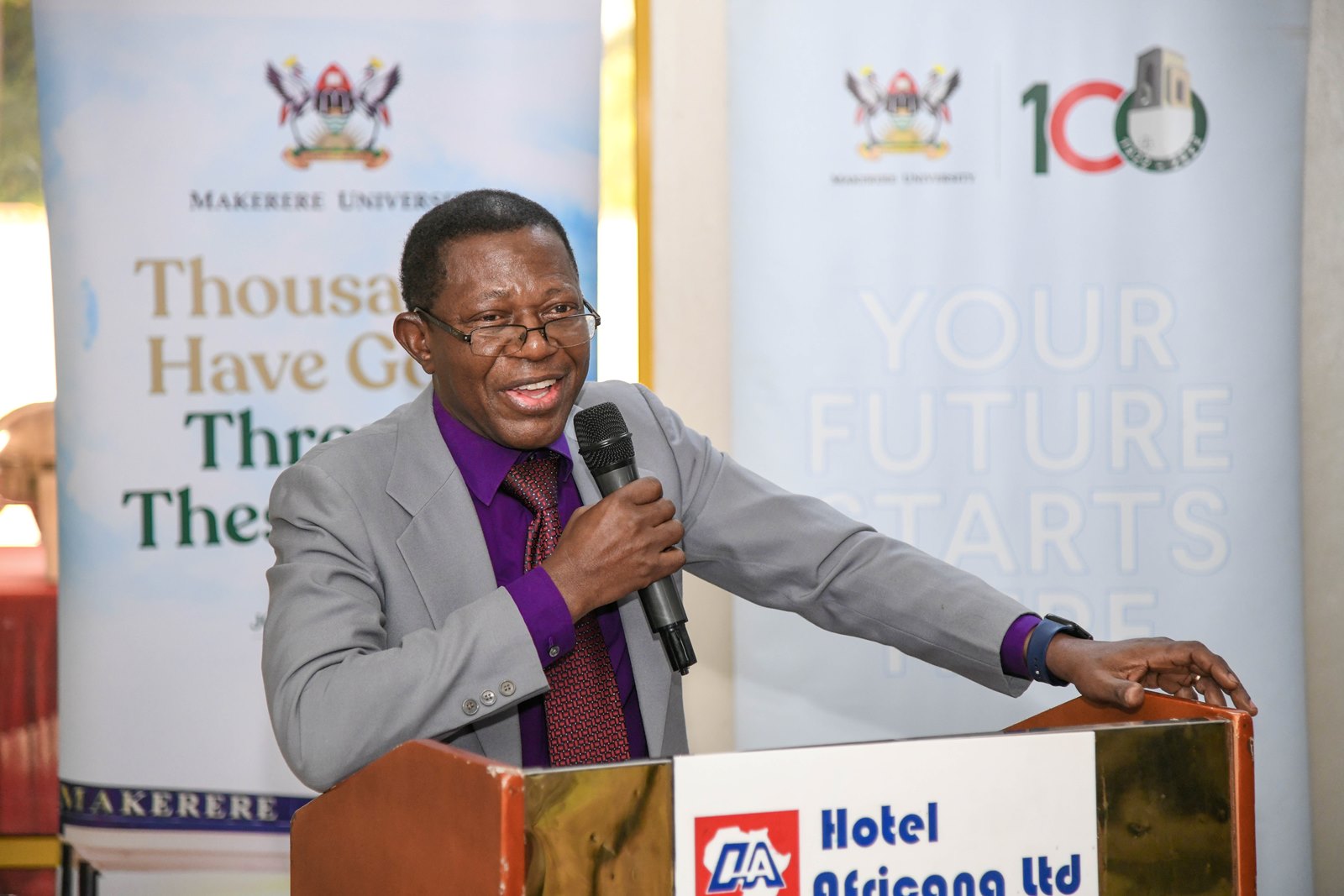
“This project is a significant milestone in our journey to enhance the university’s capacity in ODeL,” he noted. “With support from the people of the Republic of Korea, KOICA’s grant will enable us to strengthen our ODeL infrastructure, develop high-quality digital content, and build staff capacity. This investment will undoubtedly have a lasting impact on our institution and the wider education sector in Uganda.”
Prof. Buyinza also paid tribute to the late Prof. Sung Seyeoung, the head of the Project Management Consultant team in Seoul, who passed away earlier this year, describing him as “a dedicated partner in this transformative journey.”
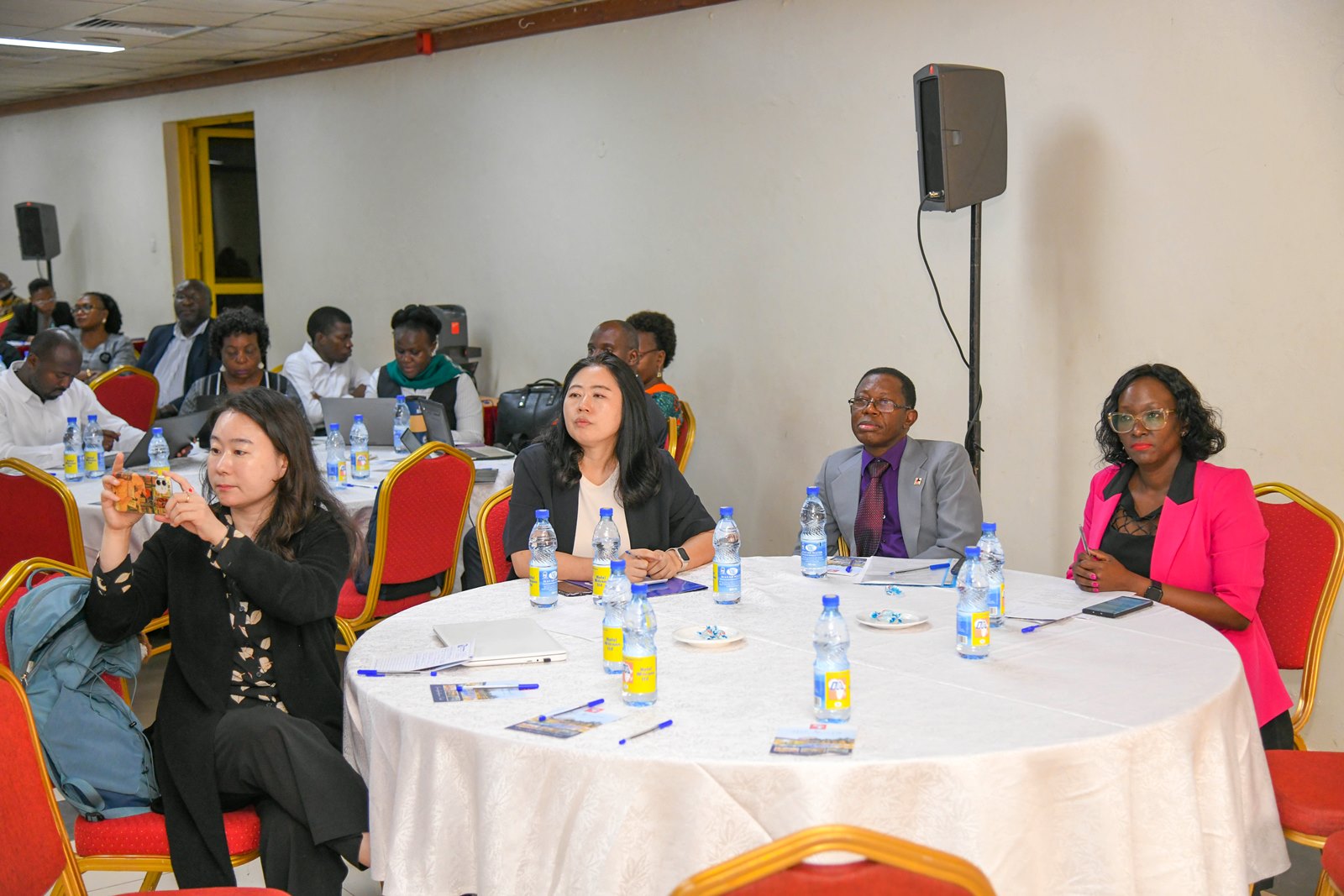
The project, which began in 2024, is being implemented with technical support from the Korea National Open University (KNOU) and the Korea Institute for Development Strategy (KDS). It focuses on three core components: development of a strategic and contextualized ODeL masterplan; capacity building for academic, administrative, and technical staff; and enhancement of ODeL infrastructure, including a new Learning Management System (LMS), Content Management System (CMS), ICT equipment, and the construction of a dedicated ODeL building.
Professor Henry Alinaitwe, the Project Investigator, emphasized the forward-looking nature of the initiative. “Through this masterplan, we are not only expanding access to higher education across Uganda and beyond, but also redefining how knowledge is delivered in the 21st century,” he said.
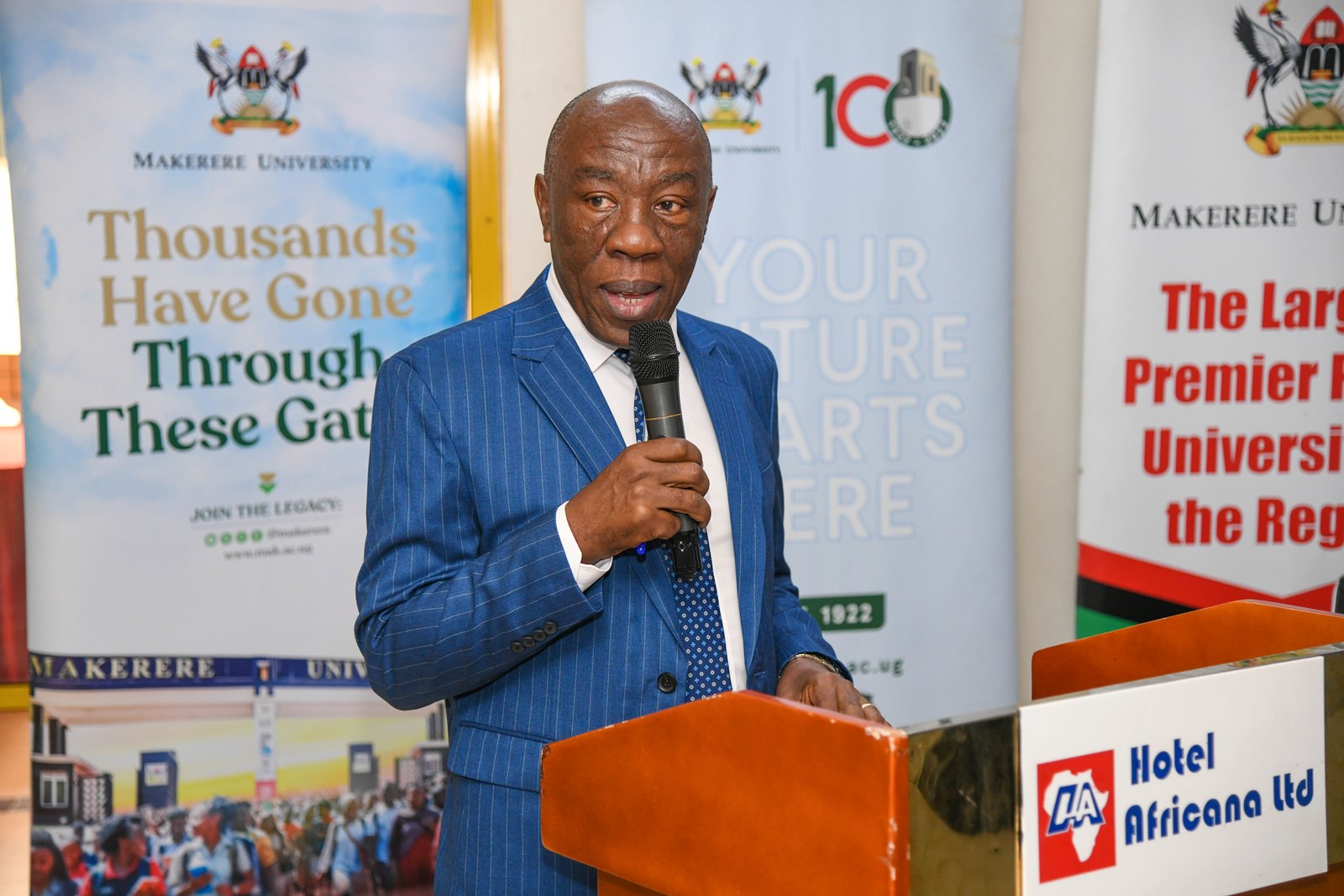
The workshop aimed to disseminate information about the masterplan, gather stakeholder feedback, and prepare the document for preliminary approvals by the University Senate and Council. The draft was developed by a joint task force composed of Ugandan and Korean experts, including representatives from KNOU, KDS, Makerere’s Institute of Open, Distance and e-Learning (IODel), and the Directorate for ICT Support (DICTS).
Prof. Alinaitwe noted that all three project components are progressing steadily. Training sessions are underway both in Uganda and Korea, and the design for the Mak-ODeL building is currently 60% complete, with construction expected to commence later in the year.
The ODeL Master Plan (2025–2035) envisions Makerere as a regional hub for digital education. It outlines strategies to increase the number of accredited ODeL programmes, enhance ICT infrastructure, improve content development, and ensure that distance learners can access high-quality and flexible education through the university’s Moodle-based MUELE platform.
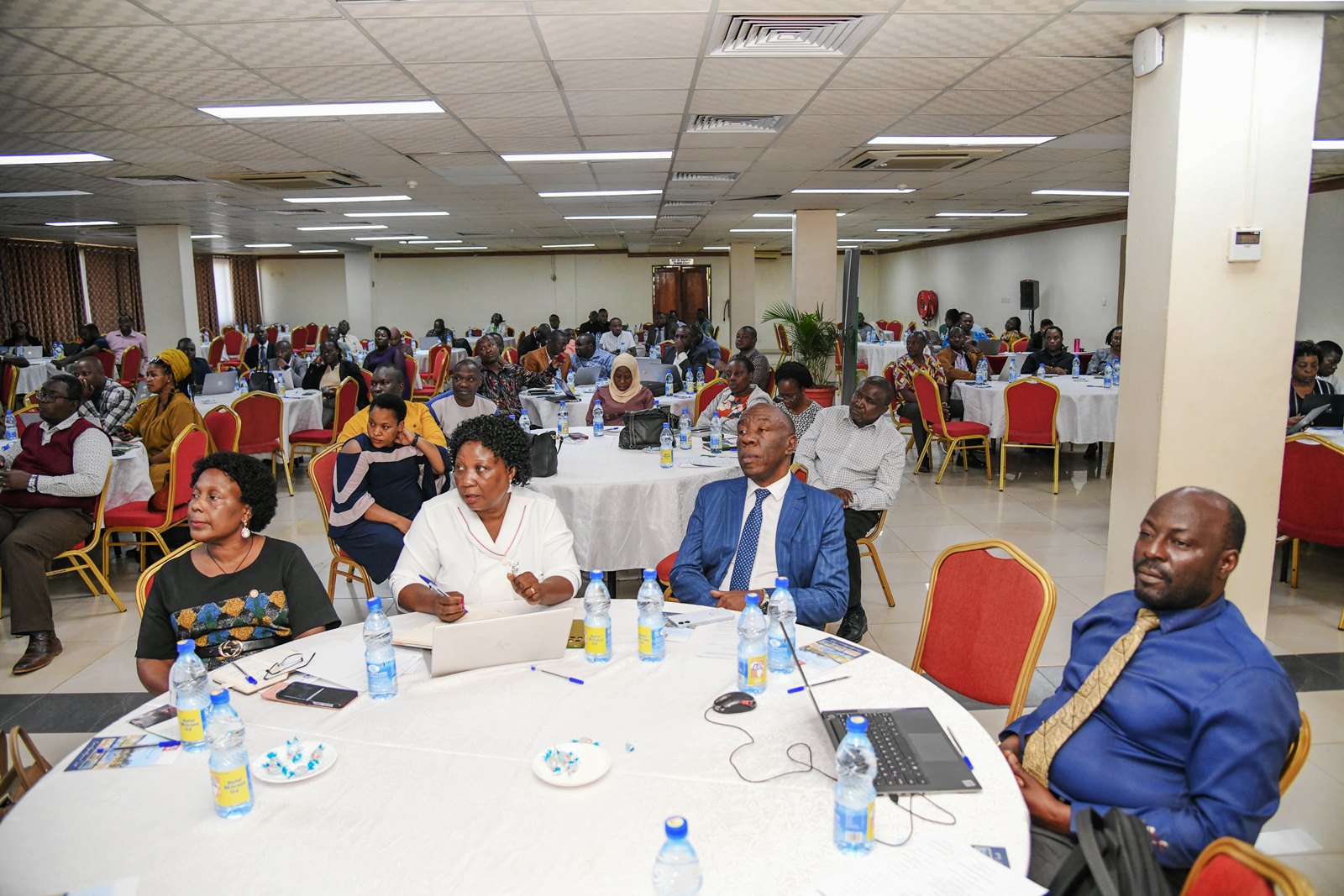
Speaking at the workshop, KOICA Country Director Ms. Ahn Jihee commended Makerere for its commitment to digital transformation. “We believe education is a powerful driver of national development, and we are proud to partner with Makerere University on this ambitious journey,” she said. “Our partnership is not just about technology, but about building resilient systems and empowered people who can shape the future.”
She also recognized the efforts of both Ugandan and Korean teams and encouraged continued dialogue and knowledge sharing.
Currently, only 8 of Makerere’s academic programmes are offered through ODeL. However, the university’s Strategic Plan (2020–2030) envisions a substantial increase in that number. The new masterplan draws from international best practices including models from KNOU, Hanoi Open University, and the Africa Virtual University.
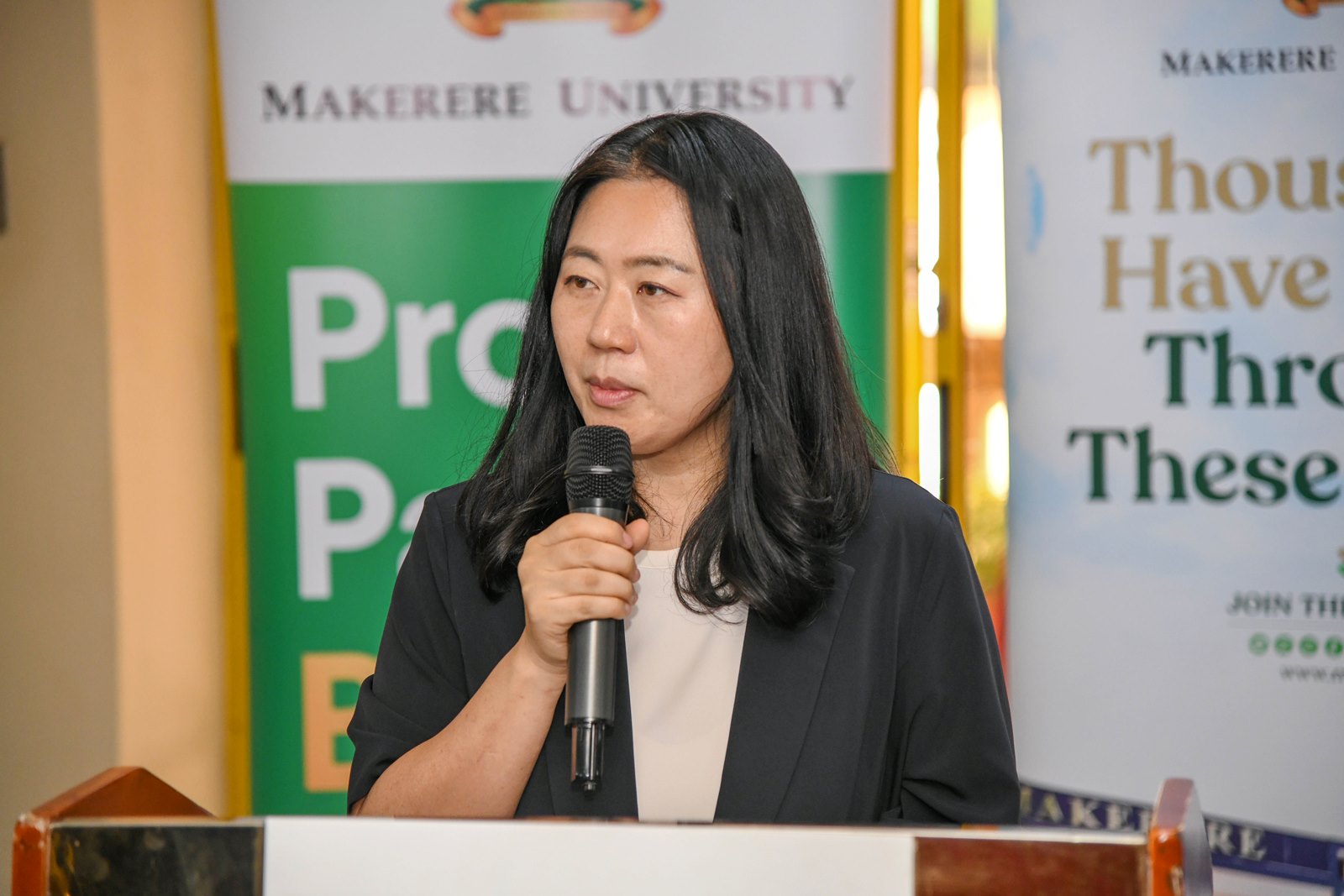
Prof. Alinaitwe extended special thanks to KOICA and its Kampala-based experts Prof. Kim Hyunjoo and Mr. Kim Kihun for their ongoing support, and acknowledged the contributions of the Makerere team—Prof. Paul Muyinda, Dr. Godfrey Mayende, Dr. Harriet Nabushawo, Dr. Richard Kajumbula, Mr. Samuel Mugabi, and Co-PI Dr. Venny Nakazibwe.
“We are laying the foundation for a future where Makerere University can provide education that is not just accessible, but also adaptable to the needs of learners wherever they may be,” he concluded.
The masterplan, once finalized and approved, is expected to usher in a new era of blended, learner-centered education that meets both local and global demands.
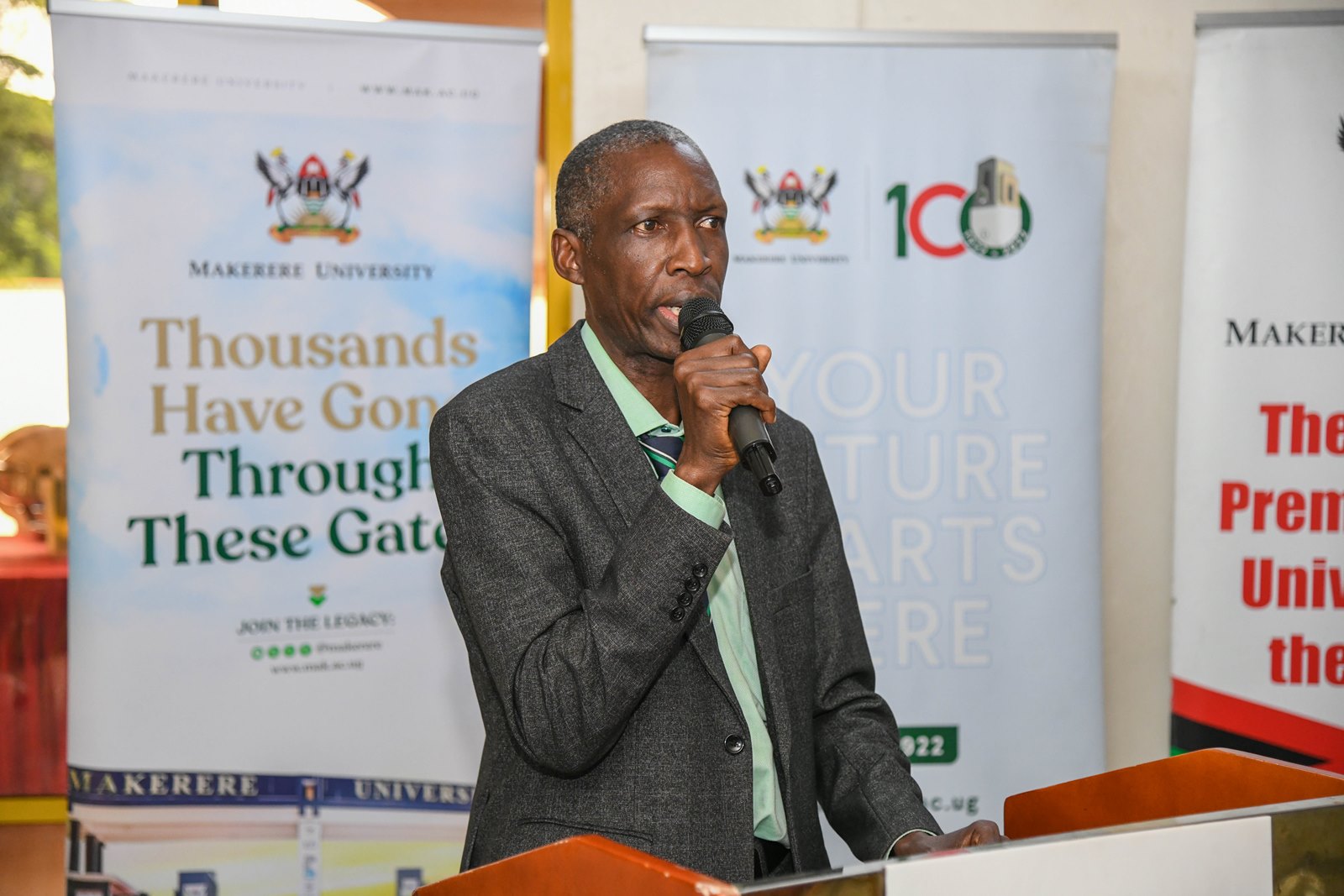
In his closing remarks, Professor Anthony Mugagga, who represented the Deputy Vice Chancellor (Finance and Administration), applauded participants for their insightful engagement. He emphasized the need for academic units to take ownership of ODeL implementation.
“The future of education is blended and borderless,” Prof. Mugagga said. “We must collectively embrace this shift—not just through policy, but through action: by developing new programmes, supporting learners, and investing in infrastructure that will carry us into the next generation of higher education.”
He also expressed appreciation to KOICA for its continued support and funding, which he said is helping to shape a more resilient and inclusive education system for Uganda and the region.
